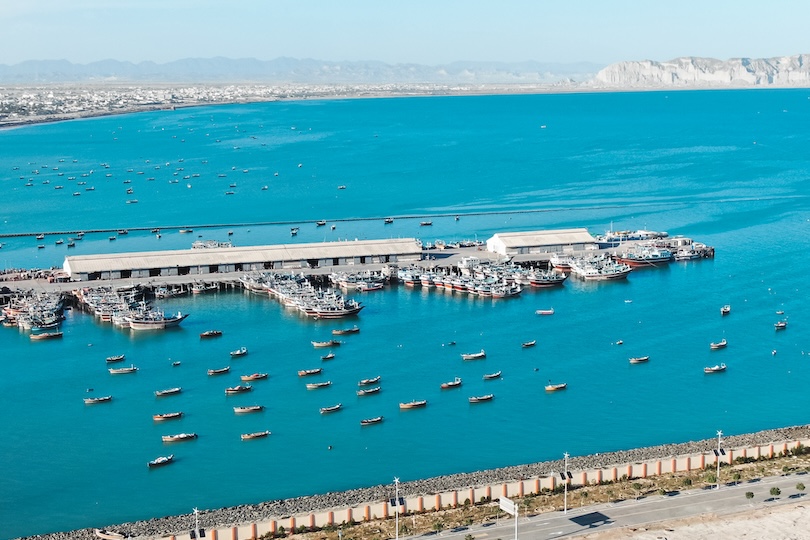



Chinese President Xi Jinping first announced the 'Silk Road Economic Belt' in September 2013 during a visit to Kazakhstan, followed by the unveiling of the '21st-century Maritime Silk Road' in Indonesia a month later. These initiatives laid the groundwork for what would be rebranded as the Belt and Road Initiative (BRI) in 2015. Since its inception, China has invested an estimated $1 trillion into BRI projects, which have engaged nearly 150 countries by December 2023. The inaugural BRI conference in May 2017 saw participation from 29 heads of state, notably excluding India, which has been critical of the initiative [a40fe287].
India perceives the BRI as a strategic threat, particularly due to ongoing territorial disputes and concerns over China's growing regional influence. The China-Pakistan Economic Corridor (CPEC), a flagship BRI project linking Kashgar to Gwadar port, is viewed by India as undermining its sovereignty. The CPEC investment is projected at $65 billion, and India fears it may lead to debt traps for participating countries, further enhancing China's geopolitical leverage [a40fe287].
In a recent working conference on December 3, 2024, President Xi reiterated the importance of protecting overseas interests associated with the BRI, acknowledging the increasingly 'tough and complicated' international environment characterized by rising unilateralism and regional conflicts. He called for improved risk control and mechanisms to safeguard the interests of host countries involved in BRI projects [5c731286].
A significant development in the BRI framework is the commencement of the China-Kyrgyzstan-Uzbekistan railway project, which was officially launched on December 28, 2024, in Jalalabad, Kyrgyzstan. This project, which aims to reshape regional logistics and enhance economic benefits, was formalized through an intergovernmental agreement signed in Beijing on June 6, 2024. The construction of the Kyrgyz section is set to begin in July 2025 and is expected to last for six years [243a8a80].
Experts believe that this railway will enhance Belt and Road cooperation and attract investments across various sectors, facilitating freight transport between China and European and Middle Eastern markets. Azamat Seitov referred to it as the 'road of the new century,' highlighting its potential for boosting trade, tourism, and industry in the region [243a8a80].
The BRI aims to secure energy supply routes and alleviate China's industrial overcapacity, which has become crucial as the country navigates a complex global economic landscape. However, critics argue that the initiative often leads to unsustainable debt for participating nations, raising alarms about China's military presence in the Indian Ocean and its implications for regional security [a40fe287].
In a related context, Sarwar Kashmeri, an international relations expert, has emphasized the need for bold initiatives to improve U.S.-China relations, which he describes as the world's most consequential relationship. He notes that together, China and the U.S. account for about 43% of the global economy. Kashmeri's recent report offers actionable recommendations for enhancing bilateral ties, advocating for increased people-to-people exchanges, similar to Nixon's 1972 visit to China. He supports Xi Jinping's plan to invite 50,000 young Americans to China over five years and calls for the U.S. to reciprocate [7b8f5ee5].
Kashmeri also highlights the success of the BRI, which has involved over 150 countries since its proposal in 2013, and plans to visit successful BRI projects, including Chancay Port in Peru [7b8f5ee5].
As China continues to promote the BRI, it faces significant challenges, including India's strategic rivalry and the need to address the risks associated with its ambitious infrastructure projects. The upcoming Chinese two sessions are expected to outline national plans and strategies for economic growth in light of these geopolitical tensions [4429ab04].
In summary, while the BRI presents opportunities for economic collaboration, it also raises significant concerns about sovereignty, debt sustainability, and regional stability, particularly in the context of India's response to China's expanding influence [a40fe287].